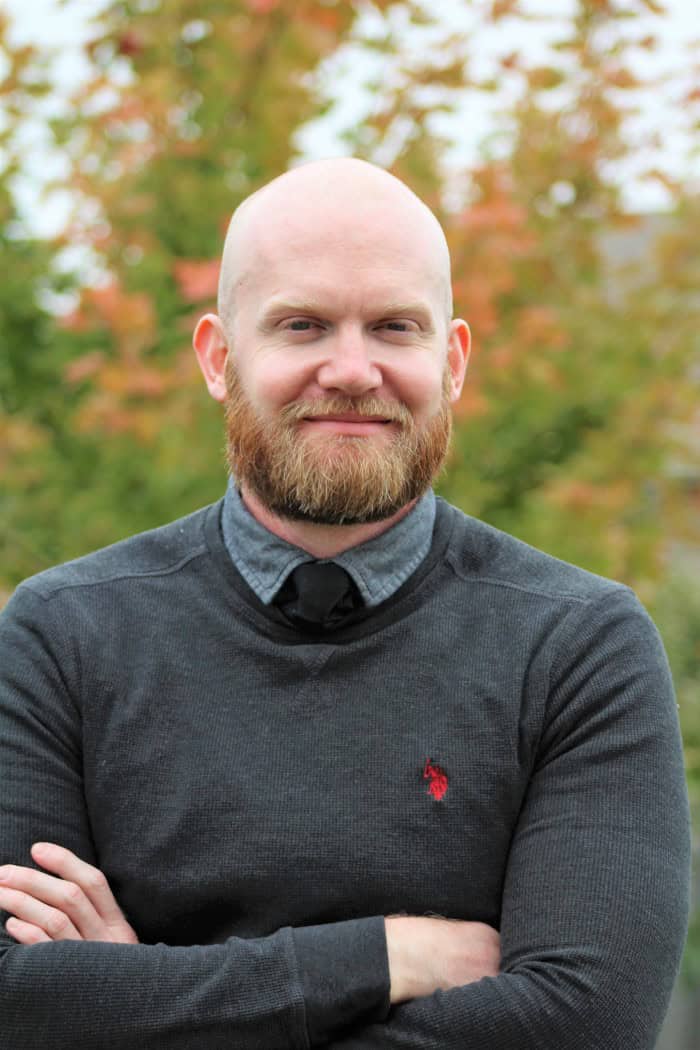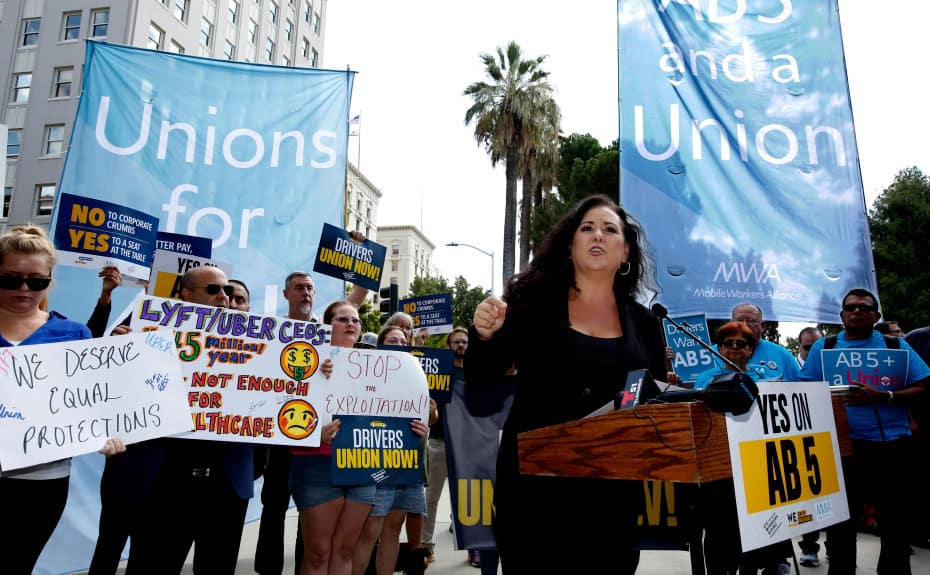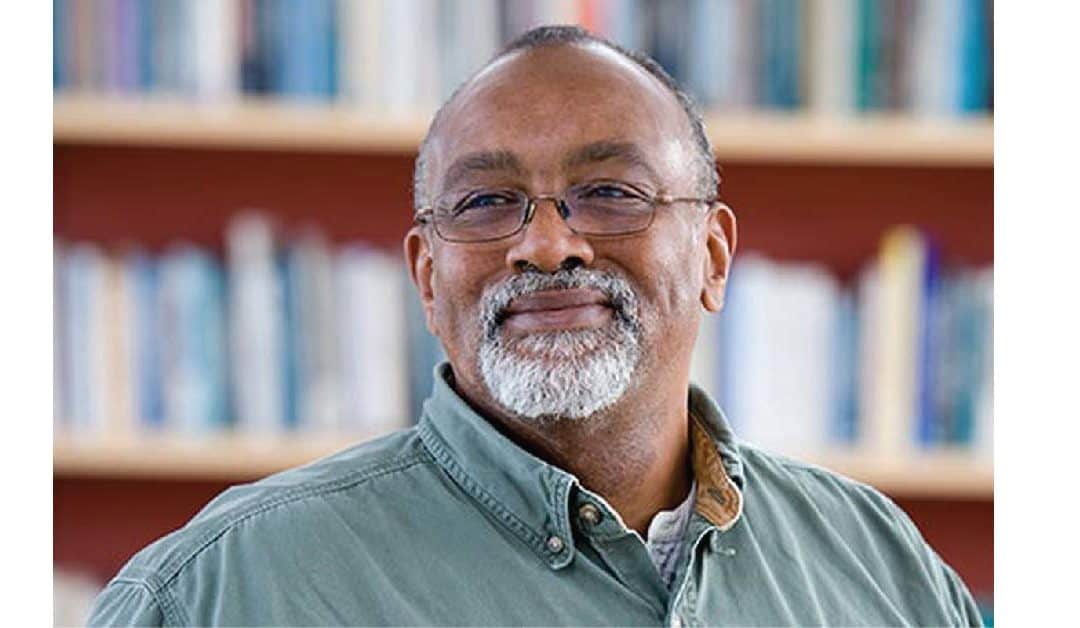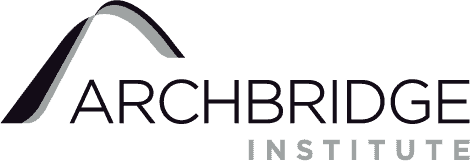In the News
make a donation
learn more
podcast
In the News

From the Archive
We are fortunate to live at a time when so many interesting people are able to produce so much valuable content. But that abundance also means we are more likely to miss something relevant. So as we continue to publish new perspectives and observations, it’s worth...

Reviewing An American Pickle
Between the pandemic and moving toward a contentious election, it’s easy to overlook the positive changes that are happening, especially if improvements are happening gradually. For instance, it’s way too easy to just never think about that fact that since 1900, the...

Leading Expert in Existential Psychology, Dr. Clay Routledge, Joins the Archbridge Institute as Senior Research Fellow
The Archbridge Institute is excited to announce the addition of Dr. Clay Routledge as a Senior Research Fellow. Dr. Routledge is the Challey Professor of Management for the Challey Institute for Global Innovation and Growth and the Department of Management and...

Searching for Common Meaning in the Age of Polarization
“It is not between Red and Blue states; it is a battle about whether there is meaning outside of politics.”

Introducing Archbridge Notes
The Archbridge Institute was founded to increase opportunities for social mobility and human flourishing. We pursue this mission by producing rigorous academic research on the key determinants of and obstacles to social and economic mobility,...

Intended to help workers, Assembly Bill 5 restricts choice
Across the country, it is taken for granted that just a few taps on a smartphone can get you just about anywhere you want to go. Ride-sharing apps like Uber and Lyft have revolutionized urban transportation and it’s easy to forget that this convenience didn’t exist even just 10 years ago.

COVID-19 Is Disrupting the Future of Higher Education
This article was originally published on Fee.org Over the last decade, higher education in America has faced an intense amount of scrutiny. Rising costs and increasing levels of student loan debt, coupled with falling academic rigor, have prompted some tough questions...

Has human ingenuity prevailed in the fight against COVID-19?
Back in March, as the COVID-19 pandemic was picking up steam in the United States, I highlighted the role that human ingenuity would play in fighting the pandemic. I suggested that we should trust the private sector and its millions of innovators. Eventually, I argued, human agency would prevail.

Race, Economic Mobility, and the American Dream — An Interview with Dr. Glenn Loury
Archbridge Institute President and CEO Gonzalo Schwarz recently spoke with Dr. Glenn Loury about inequality, racial disparities, the American Dream, and more.

Liberate the Other Half: Empowering the “Back Row” of America
The recent protests spurred by the killing of George Floyd have renewed efforts to understand and improve the conditions faced by residents of our nation’s poorer communities, particularly when it comes to interactions with law enforcement.
Get In Touch
"*" indicates required fields
The Archbridge Institute is a non-partisan, independent, 501(c)(3) public policy think tank. Our mission is to lift barriers to human flourishing.
Archbridge Institute
1367 Connecticut Avenue NW, Suite 200,
Washington, DC 20036

